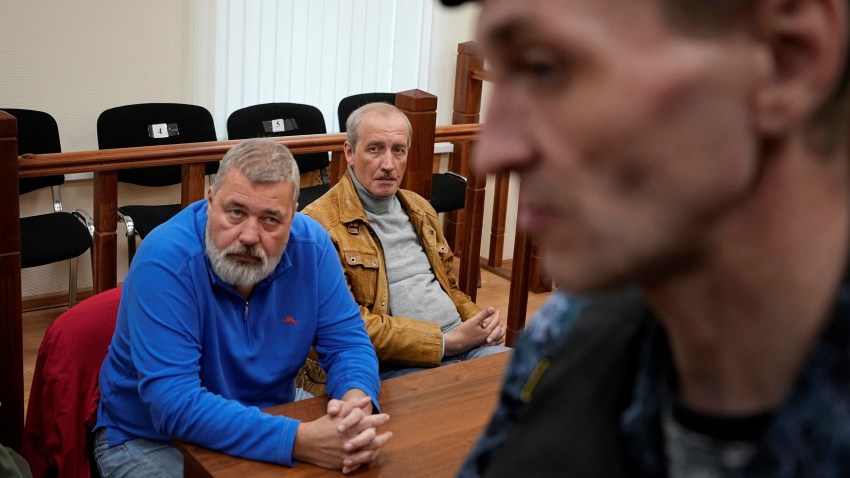RIGA, Latvia—When prosecutors in Berlin confirmed last week that they were opening an investigation into a possible assassination attempt targeting the exiled Russian journalist Elena Kostyuchenko, they cast a light on one more twist in the treacherous path that independent Russian journalists have been traveling since their country launched an all-out invasion of Ukraine.
Journalists who refused to follow the Kremlin’s asphyxiatingly narrow rules not only had to flee the country, if they chose to continue doing their work, but they also have endured the twin troubles of transnational persecution by Russian intelligence operatives while navigating the challenges—personal and professional—of working in exile in a world in which so many view Russians with suspicion.
Kostyuchenko’s drama, her survival of what investigative journalists at Bellingcat and the Insider say was likely a plot by Russian intelligence agencies, was a harrowing, life-threatening ordeal. In that sense, it perhaps makes the travails of her hundreds of colleagues, now turned into a vast diaspora, seem mild by comparison. Even so, it adds to their worries. Reporters Without Borders has sounded the alarm about the safety of exiled Russian journalists.

